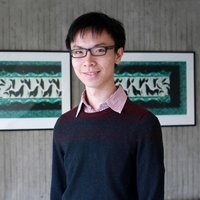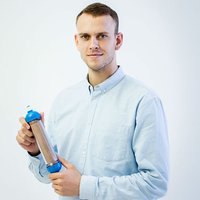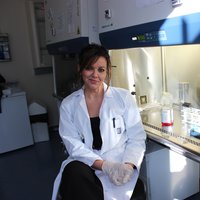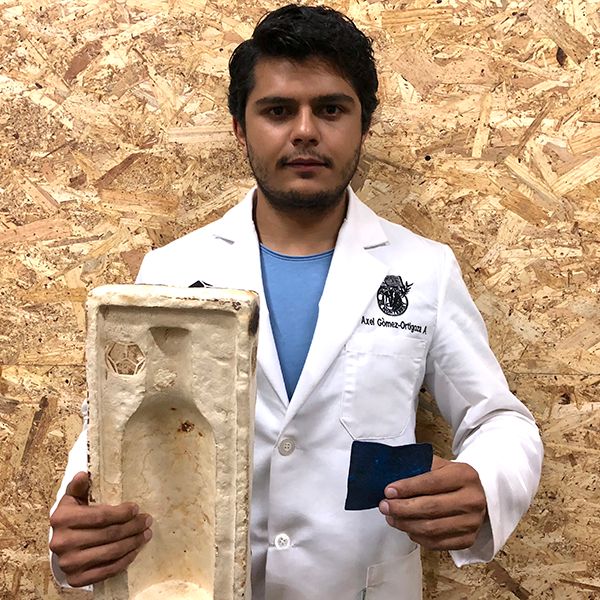Nanotechnology & materials
Axel Gómez-Ortigoza
His new biological materials are more ecological and capable to replace their petroleum-derived counterparts

Asia Pacific
Min Hao Wong
Developing unique nanosensor constructs for smart agriculture application.

Europe
Henrik Hagemann
His industrial wastewater treatment system captures 10 times more pollutants than the current leader, in a more efficient and sustainable way

China
Yingying Lu
The next generation of lithium metal battery with high energy density and safety

Europe
Francesca Santoro
Her 'solar plasters' could speed up the healing of burned skin
